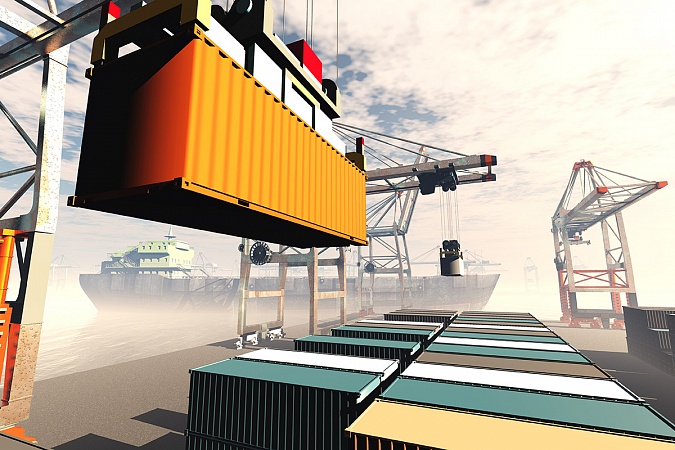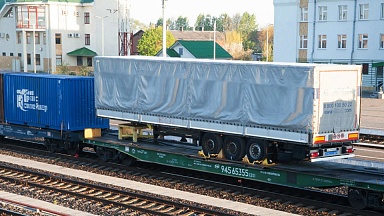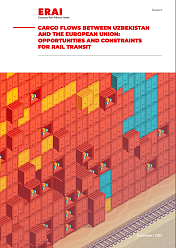The MoU aims to facilitate close cooperation between FIATA and UIC to help them “harness their respective expertise to contribute to a more efficient transport system by establishing and strengthening the relationship between the organizations and their members”. The MoU also “creates the framework for improving interoperability between transport modes and between countries, and contributing towards the creation of efficient, sustainable and intelligent logistic supply chains”, the organisations said.
The identified areas for collaboration in the MoU include “the engagement of all stakeholders in safety and security-related topics, digitalisation, sustainability, and Eurasian corridor developments”. Both organisations are also committed to collaboration on the implementation of harmonised multimodal transport documentation, such as the FIATA Multimodal Transport Bill of Lading, and the underlying international legal framework to support this.
“Collaboration with key international organizations is crucial to the performance of today's complex supply chains,” said FIATA Senior Vice President, Ivan Petrov. “The new MoU with UIC is a great opportunity to strengthen our cooperation and reinforce our impact on the industry.”
François Davenne, UIC Director General, recalled the long-lasting collaboration between UIC and FIATA and acknowledged the opportunities offered by this MoU. “The sustainability challenge is at the heart of UIC’s work,” he said. “And this close partnership with FIATA will strengthen the multimodal approach required by society even further.”
FIATA represents the freight forwarding industry by advocating trade facilitation policies and promoting best practices in the supply chain to speak with a unified voice in support of freight forwarding associations and logistics companies. UIC is dedicated to promoting rail transport at the global level in order to address the current challenges of mobility and sustainable development, enhance international cooperation between its members, and build a consistent railway system to achieve projects of global dimension.
FIATA International Federation of Freight Forwarders Associations is a nongovernmental, membership-based organisation representing freight forwarders in some 150 countries. FIATA’s membership is composed of 109 Associations Members and more than 5,500 Individual Members, overall representing an industry of 40,000 freight forwarding and logistics firms worldwide.
UIC is the worldwide organisation for the promotion of rail transport at a global level and collaborative development of the railway system. It brings together some 200 members on 5 continents, among them rail operators, infrastructure managers, railway service providers, etc.
UIC maintains close cooperation links with all actors in the rail transport domain right around the world, including manufacturers, railway associations, public authorities and stakeholders in other domains and sectors whose experiences may be beneficial to rail development. The UIC's main tasks include understanding the business needs of the rail community, developing programmes of innovation to identify solutions to those needs and preparing and publishing a series of documents known as IRS that facilitate the implementation of the innovative solutions.




